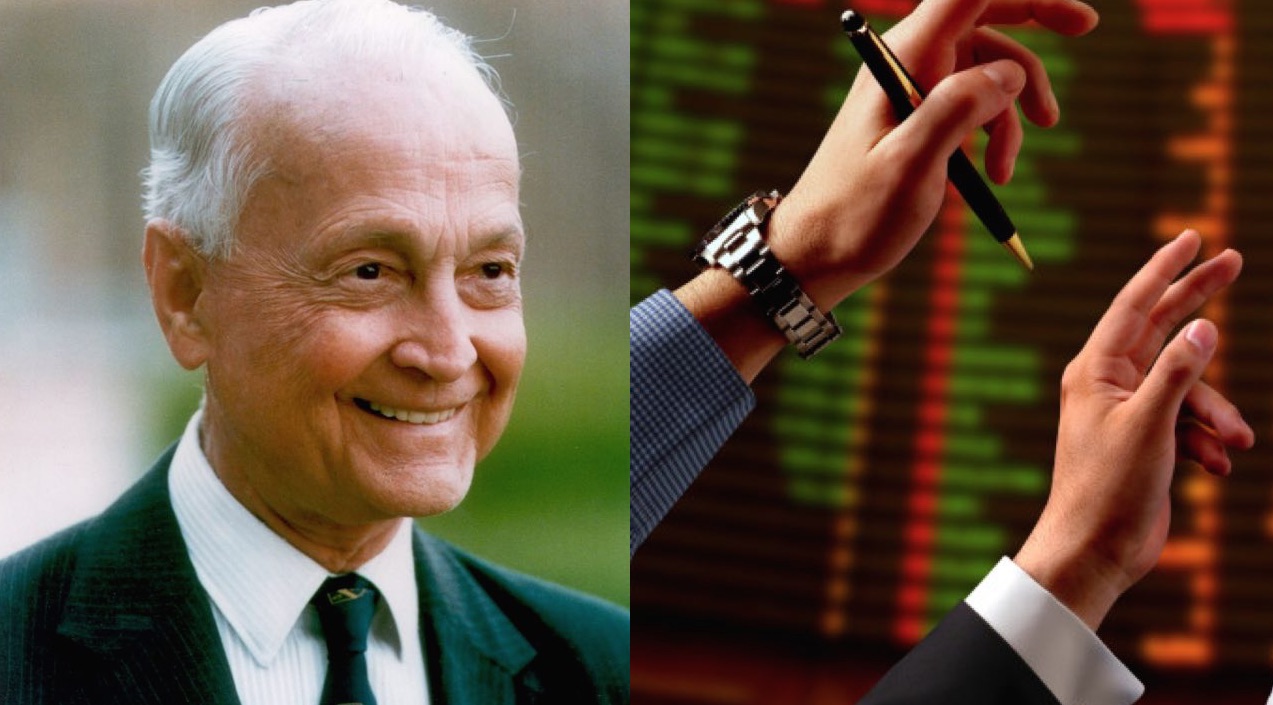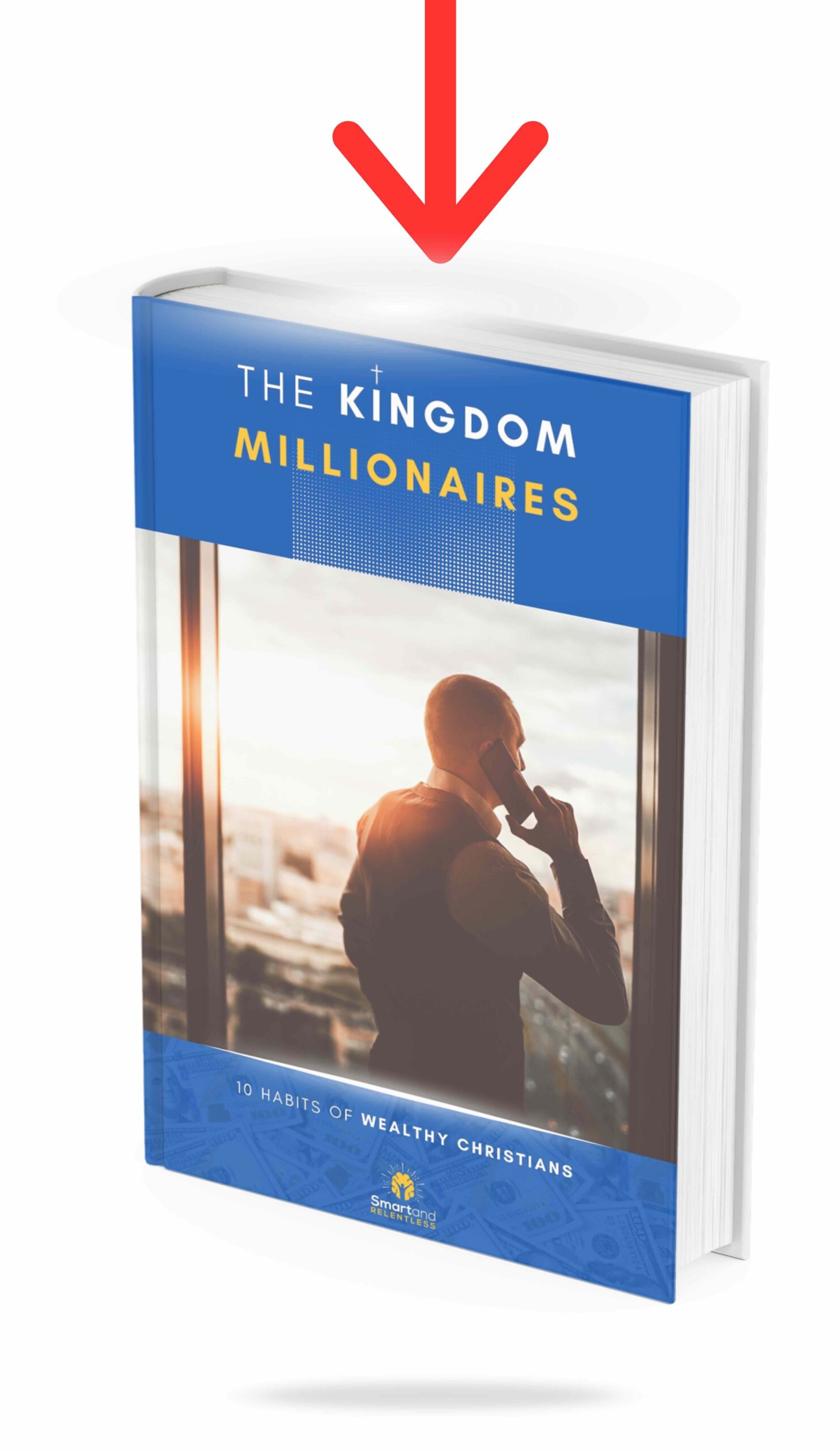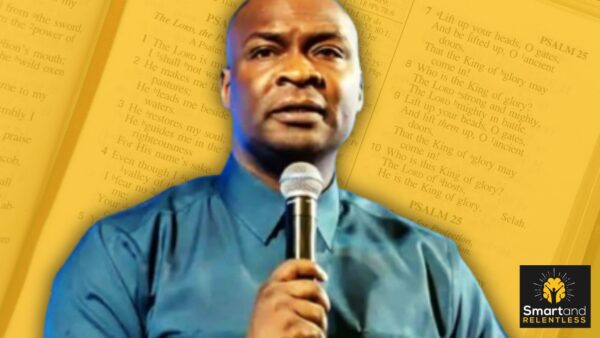Sir John Templeton’s greatest weapon as an investor was his optimism – especially when most other investors felt otherwise.
He believed in buying shares at the point of maximum pessimism. For example, when the Second World War broke out, Templeton, who was born in America, used borrowed money to buy shares in more than 100 US companies.
Only four turned out to be worthless, and he made large profits on the others.
Buying when other investors are selling was only one aspect of his belief that the only way to succeed as an investor was to do the opposite of what others were doing.
Investors are always being told to “buy low”, he pointed out, but if you do this you are automatically going against the crowd – prices of shares, like anything else, are low when there is little demand for them from other buyers.
Throughout Templeton’s long life as an investor – he started on Wall Street in 1937 and was still giving staff at his Anglo-American fund management business, Franklin Templeton, the benefit of his wisdom in the current century – he was constantly treading a lonely path, usually to the great benefit of investors in his funds.
He was the first Western investor to see the potential of Japan’s post-war economic miracle. When he first invested there, in the Sixties, Japan was in effect an emerging market and the dynamism of its economy was not being reflected in the stock market.
Gradually the rest of the world woke up to what was happening in Japan and the stock market soared. But Templeton was once more ahead of the game. He had just 3pc of his money in Japan by the peak of its stock market bubble in 1989 because he had identified the US market as the next one due to recover.
This is exactly what happened during the Nineties but Sir John – he was knighted in 1987, having become a British citizen – still managed to outperform, achieving growth of 75pc against a market rise of 45pc.
During the technology bubble later the same decade Sir John once again went against the crowd, putting none of his investors’ money in the “technology, media and telecoms” sector into which so many others were pouring their cash. He chose solid commodity stocks instead, and was again rewarded when Asia recovered.
Read the rest here: Telegraph














